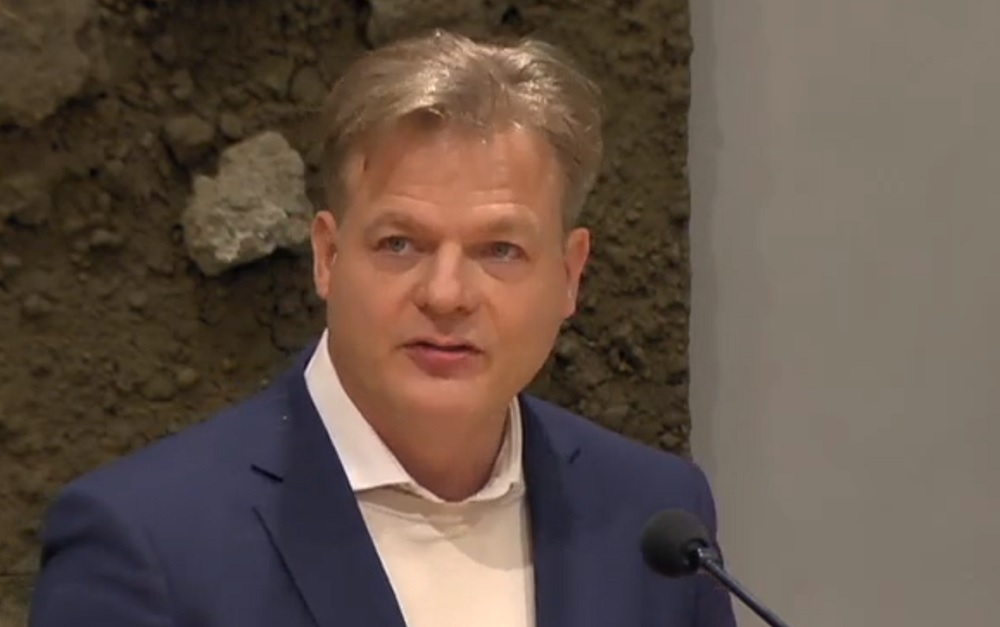NSC's positions on electric vehicles and their overall fiscal strategy appear to be a step back at a time when other countries and political parties are making progress by encouraging cleaner, more sustainable transportation options.
The discussion around it election program of Pieter Omtzigt and his party New Social Contract (NSC) has reached a critical point as the elections approach. The NSC seems to cling to arguments that no longer match the contemporary reality of car use in the Netherlands.
The stimulation of electric driving, once a spearhead of tax policy, has been adjusted with additional tax discounts that are now limited to vehicles below a certain price threshold. This approach, which is aimed at making electric driving accessible to a wider audience, contrasts strongly with the positions of the NSC, which insists on keeping driving affordable without an explicit incentive for the switch to electric.
The NSC election manifesto proposes a tax policy that allows electric cars to contribute more, while the tax benefits that applied for years have been phased out. The party also supports a truck tax and an excise tax policy that minimizes border effects. These points illustrate a delicate balance between supporting sustainable mobility and preserving fiscal revenues.
During the RAI Mobility Debate, the division between political parties about the future of mobility and innovation came into sharp relief. While some parties want to stimulate innovation, the RAI Association often sees the government as an obstacle due to the slow adjustment of regulations and the imposition of restrictions, which could cause the Netherlands to lag behind internationally.

The New Social Contract's push to keep the costs of driving low while generating more tax revenue from electric cars raises questions about the party's vision on sustainability and future mobility.
The New Social Contract's push to keep the costs of driving low while generating more tax revenue from electric cars raises questions about the party's vision on sustainability and future mobility. With the upcoming elections in prospect, it is clear that the party is positioning itself against changes that are considered unfavorable for car owners, such as the kilometer tax. The contradiction between the current subsidy policy for electric vehicles and the NSC proposals reflects a larger debate about the role of government intervention in market mechanisms.



